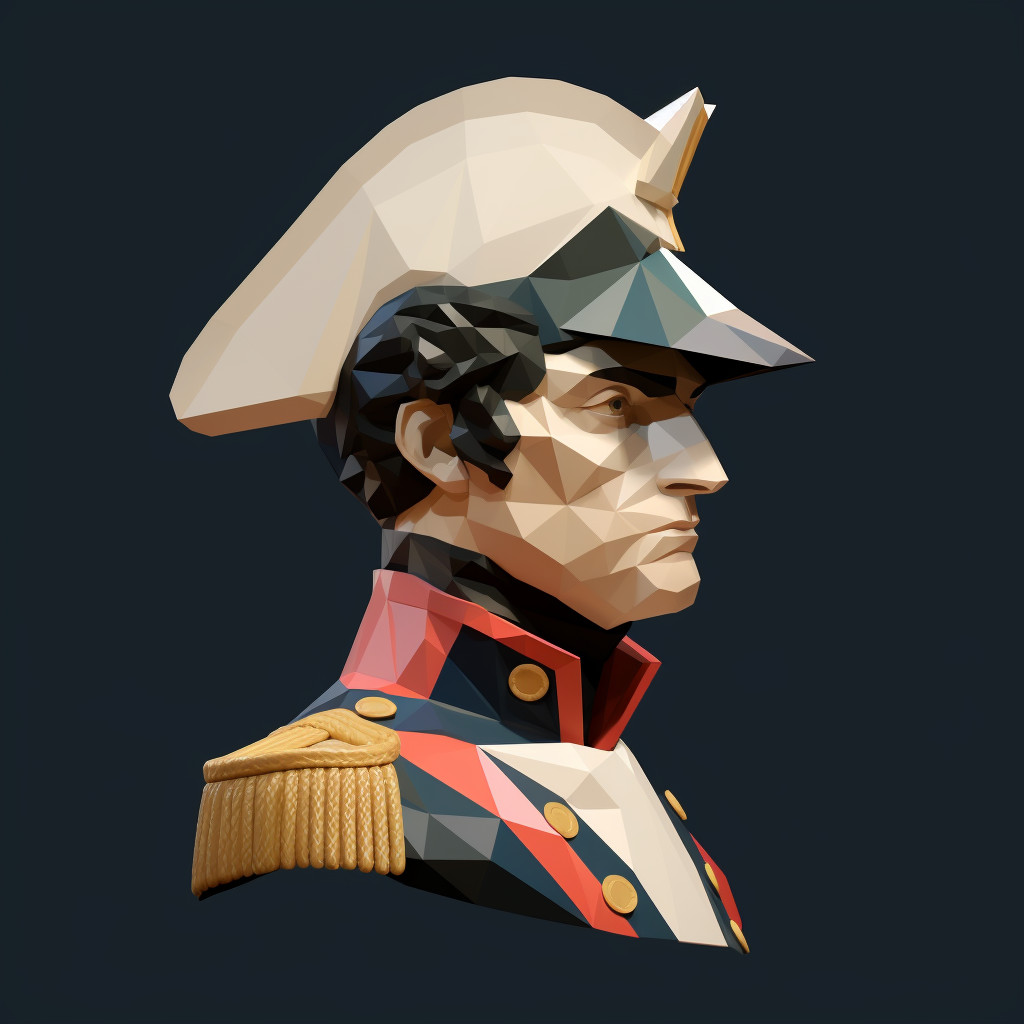This quote suggests that complaints are not merely expressions of dissatisfaction or discomfort, but rather indicators of critical thinking and engagement with the world. When people complain, they are essentially identifying problems or flaws in their environment, and this process of identification requires thought, analysis, and judgment. Complaining, in this sense, is a manifestation of people’s cognitive engagement with their surroundings. To cease complaining, then, is to cease this engagement and to stop thinking critically about the world.
In today’s world, this idea can be applied in various contexts. For instance, in the realm of politics and social activism, public complaints often serve as catalysts for change. People voice their dissatisfaction with the status quo, thereby identifying problems that need to be addressed. If people were to stop complaining, it could suggest a lack of critical engagement with societal issues, which could in turn hinder progress and reform.
In the context of personal development, the act of complaining can be seen as a form of self-awareness and self-improvement. When we complain about our own behaviors, habits, or circumstances, we are recognizing areas of our lives that need improvement. If we were to stop complaining, we might become complacent and stagnate in our personal growth. However, it’s important to differentiate between constructive and destructive complaining. Constructive complaining leads to problem-solving and improvement, while destructive complaining can lead to a negative mindset and lack of action.
In conclusion, while complaining is often viewed negatively, this quote suggests that it can serve a vital function in promoting critical thinking, societal progress, and personal growth.








